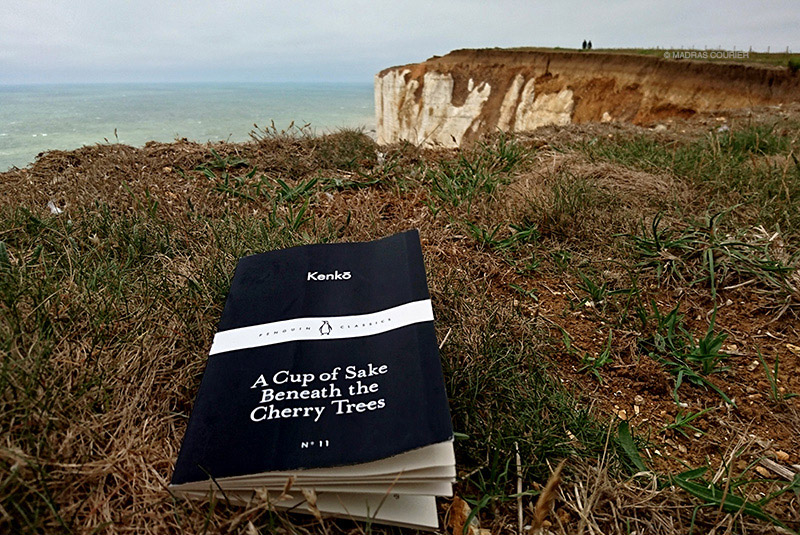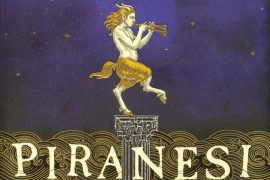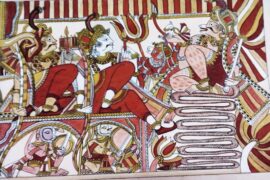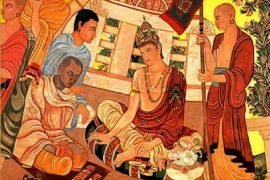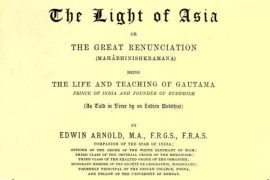A scribe, writing in Japan of the 1320s, would have had no shortage of subject matter. The island nation had by then withstood two Mongol invasions –through almost divine intervention – but at the cost of financial and political instability.
Kings became paupers, samurai became Buddhists, and a pensive monk sat before his ink stone and wrote:
What a strange folly, to beguile the tedious hours like this…jotting down at random the idle thoughts that cross my mind.
Yoshida Kenkō, in a deeply personal collection of essays, leaves behind a concise glimpse into a time long past – yet timeless.
Kenkō describes the day to day observations of a wandering monk’s life, in all of its impermanence and wisdom. He writes almost as if he did not expect to be read, in short, snappy appraisals (and judgements) of everyday happenings – of kings, paupers, recluses and maidens. Passages sometimes read as a series of gripes – though very few seem unfounded. Kenkō grumbles freely about that which he dislikes – cluttered seating areas, too many children, those who chase after fleeting pleasures – though there is also much that he appreciates about life. In a lot that he writes, is a reverence for the minimalism of life, free of excessive craving or unnecessary aversion.
Copyright©Madras Courier, All Rights Reserved. You may share using our article tools. Please don't cut articles from madrascourier.com and redistribute by email, post to the web, mobile phone or social media.Please send in your feed back and comments to [email protected]

